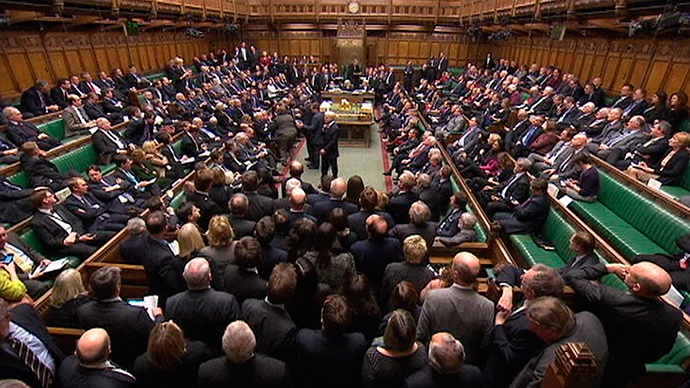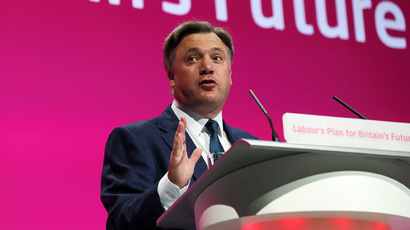MPs recall bill passes in Commons

The House of Commons have approved controversial plans to allow MPs charged with serious misconduct to be recalled by parliament and subject to a public vote.
The bill was passed at its third parliamentary reading, after amendments were made in the second reading on October 27.
A further agreement was reached to reduce the number of days an MP would have to be suspended from the House of Commons before the recall process was triggered. MPs would now have a 10-day suspension, rather than the previous 21.
The recall bill was a large part of the manifesto laid out by the newly appointed coalition in 2010, but critics have panned the measures as a “watered-down” version of the US system.
Further to halving the number of days an MP must be suspended before a recall, the bill also proposes that a by-election could be triggered if 10 percent of constituents sign a petition. The petition would only be relevant if the MP in question had already been found guilty of “serious wrongdoing” in parliament.
The Commons also inserted the option for a by-election to be called if an MP was given a non-custodial sentence following the exposure of expenses fraud, or if historic wrongdoing came to light after the election of an MP.

The bill will now be scrutinized by peers in the House of Lords, before being handed back to the Commons for a final viewing.
Further criticism from MPs claims the current bill maintains too much power in the hands of MPs themselves.
Current legislation sees all MPs facing charges of misconduct go before the Parliamentary Standards Committee, which itself is mostly made up of MPs.
Conservative MP for Richmond Park and North Kingston Zac Goldsmith said during the second reading of the bill that it was a “matter of principle.”
“Do we trust our voters to hold us to account or not?” he added.
In a previously dismissed amendment, Goldsmith proposed to exclude the Parliamentary Standards Committee from the process.
“The public today is better informed, better educated, less deferential than at any time in our history. Recall is not radical – it is a mere nod towards those changes,” he said.
Efforts by MPs to implement these changes were rejected by the Commons in October as it was believed the amendments could lead to campaigns by pressure groups about politicians’ standpoints on controversial issues.
Green MP Caroline Lucas has also condemned the bill, calling it a “sham.” Cabinet Office Minister Sam Gyimah backed the bill, saying that it was deliverance of a key coalition policy.
“The coalition's program made a commitment to establish a recall mechanism for MPs who have been found guilty of wrong doing or misconduct,” he said “The Bill before the House fulfills the coalition commitment to deliver a practical recall mechanism to hold MPs to account when they have done something wrong,” he added.
Goldsmith, however, has condemned MPs for not having the courage to reject the bill.














